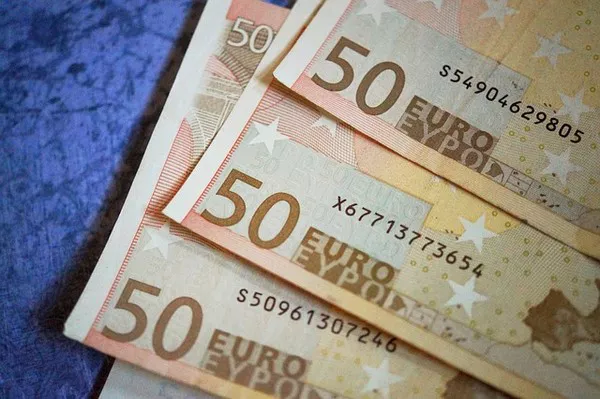Definition of Recession:
A recession is a significant decline in economic activity spread across the economy, lasting for more than a few months, typically seen as two consecutive quarters of negative economic growth. It is marked by a decrease in GDP, income, employment, industrial production, and wholesale-retail sales. In essence, it represents a period of economic contraction, often accompanied by rising unemployment rates and decreased consumer spending.
Current Economic Data:
As of the latest available data, France is not officially in a recession. However, the country has been grappling with economic challenges exacerbated by the COVID-19 pandemic. According to the National Institute of Statistics and Economic Studies (INSEE), France’s GDP grew by 6.3% in 2021, following a contraction of 8.1% in 2020 due to pandemic-induced lockdowns.
The most recent GDP figures indicate that the French economy expanded by 1.1% in the fourth quarter of 2021. While this growth is positive, it falls short of pre-pandemic levels and suggests ongoing recovery efforts.
Historical Context:
To provide perspective, it’s essential to compare current economic data with historical trends. Before the pandemic, France experienced moderate but steady economic growth. However, the onset of COVID-19 brought about unprecedented challenges, leading to a sharp contraction in economic activity.
In previous recessions, such as the global financial crisis of 2008-2009, France also faced economic downturns but managed to recover gradually. Understanding these past experiences helps contextualize the current situation and informs policymaking strategies to navigate present challenges effectively.
Government Statements:
French officials have been vocal about the country’s economic status, acknowledging the impact of the pandemic while expressing optimism about recovery. President Emmanuel Macron has emphasized the importance of economic resilience and solidarity in overcoming the crisis. The government has implemented various fiscal measures and stimulus packages to support businesses and households during these challenging times.
Global Impact:
Global events, such as the COVID-19 pandemic and geopolitical tensions, have significantly affected France’s economy. The pandemic disrupted supply chains, reduced international trade, and stifled consumer demand worldwide. Moreover, geopolitical uncertainties, including trade disputes and Brexit, have added to economic volatility, impacting France’s export-oriented industries and overall growth prospects.
Sector Analysis:
Key sectors within the French economy have been unevenly affected by the pandemic. While industries like healthcare, technology, and e-commerce have thrived, sectors such as tourism, hospitality, and retail have struggled due to travel restrictions and social distancing measures.
The manufacturing sector, a cornerstone of the French economy, has faced challenges in supply chain disruptions and labor shortages. However, government initiatives to promote domestic production and investment in innovation have aimed to bolster the sector’s resilience.
Consumer Sentiment:
Consumer sentiment plays a crucial role in shaping economic activity. Despite efforts to revive the economy, French consumers remain cautious amid uncertainties about job security and income stability. Consumer confidence indices reflect this cautious optimism, with fluctuations in sentiment influenced by factors such as vaccination rates, economic policies, and public health measures.
Expert Opinions:
Economists and financial experts offer diverse perspectives on France’s economic outlook. While some remain cautiously optimistic about recovery prospects, others express concerns about lingering challenges, such as inflationary pressures, rising debt levels, and structural reforms.
The effectiveness of government policies and the pace of vaccination rollout are key determinants of France’s economic trajectory. Collaborative efforts between policymakers, businesses, and civil society are essential to foster sustainable growth and mitigate risks.
Comparative Analysis:
Comparing France’s economic performance with that of other similar economies provides valuable insights into global trends and regional disparities. Countries facing similar challenges, such as Italy and Spain, have implemented comparable measures to mitigate the pandemic’s economic impact.
At the same time, variations in policy responses, healthcare systems, and demographic factors contribute to divergent outcomes. Understanding these differences helps identify best practices and inform evidence-based policymaking at the national and international levels.
See Also Is EU Inflation Slowing Down?
Future Projections:
Economic forecasts suggest a gradual recovery for France, contingent upon continued vaccination efforts, global economic conditions, and geopolitical stability. While uncertainties remain, proactive measures to support businesses, invest in infrastructure, and foster innovation are critical for building resilience and ensuring sustained economic growth.
In conclusion, while France is not currently in a recession, the country faces significant economic challenges exacerbated by the COVID-19 pandemic and global uncertainties. By leveraging historical insights, government initiatives, sectoral analyses, and expert opinions, policymakers can navigate these challenges effectively and steer the economy towards a path of sustainable recovery and prosperity.


